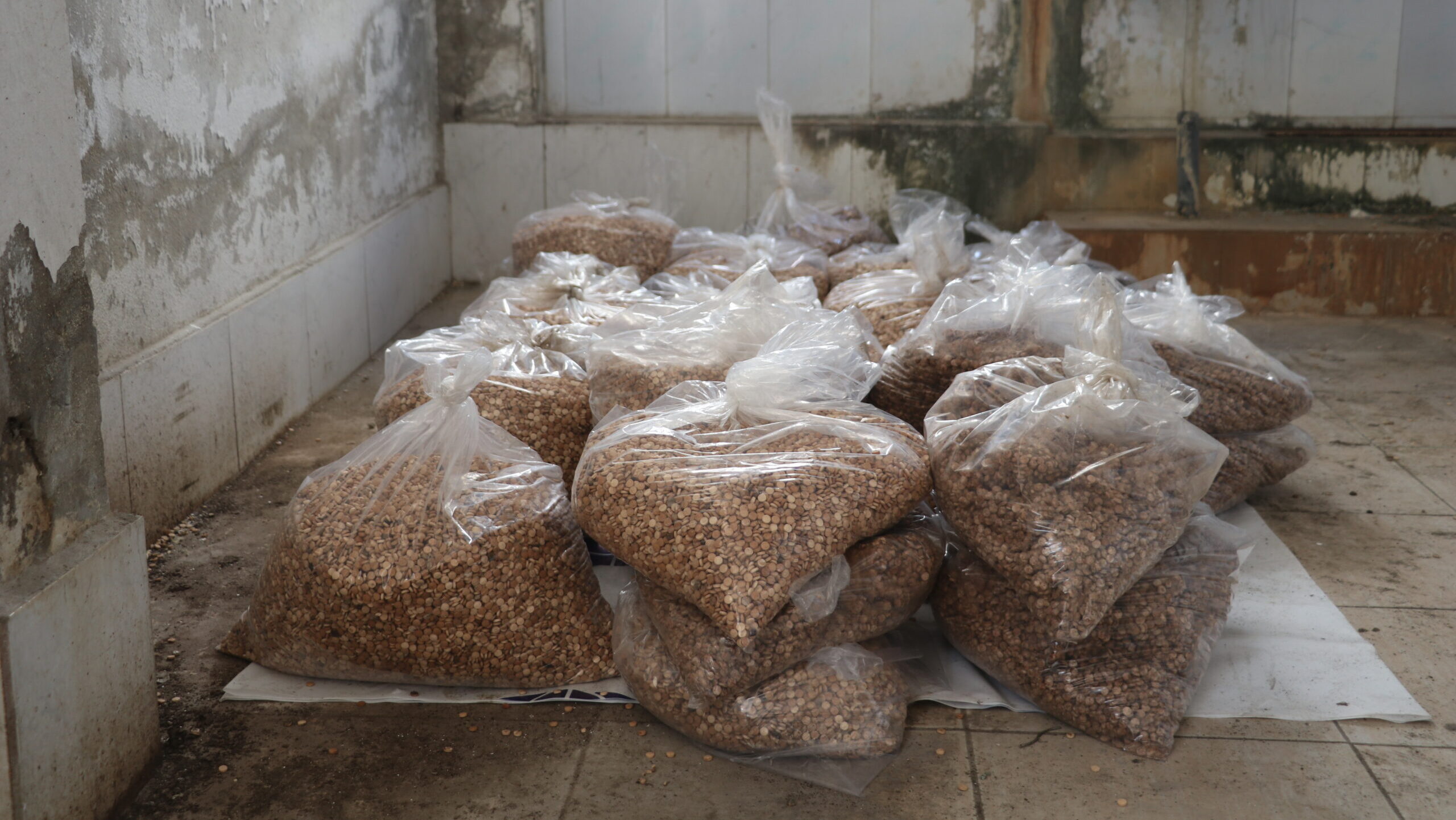Syria and Turkey Seize 9 Million Captagon Pills in Joint Operation
Syrian and Turkish authorities announced Thursday the seizure of more than 9 million pills of captagon, a powerful illegal stimulant, in a joint narcotics operation that spanned one month. Syrian officials said the network was dismantled and arrests were made in the northern city of Aleppo.
Roughly 5 million of the pills had already been smuggled into Turkey, while the rest were intended for further distribution, Syrian officials said. The country’s interior ministry stated it would continue working “tirelessly to eradicate this dangerous scourge.”
Give the gift of hope
We practice what we preach:
accurate, fearless journalism. But we can't do it alone.
- On the ground in Gaza, Syria, Israel, Egypt, Pakistan, and more
- Our program trained more than 100 journalists
- Calling out fake news and reporting real facts
- On the ground in Gaza, Syria, Israel, Egypt, Pakistan, and more
- Our program trained more than 100 journalists
- Calling out fake news and reporting real facts
Join us.
Support The Media Line. Save democracy.
Captagon was originally developed in the 1960s to treat attention disorders and depression. It was banned in the 1980s due to its addictive properties, but it remains widely trafficked in the Middle East.
Syria became a major producer and exporter of captagon during the country’s civil war, with production flourishing under the former government led by Bashar Assad. Since Assad’s ouster in December, the new Islamist-led administration has uncovered large stockpiles of the drug in military installations and warehouses.
Despite these efforts, trafficking networks remain active. In recent months, large quantities of Syrian-produced captagon have been seized in Iraq, Turkey, and Jordan. In March, Iraqi forces confiscated over a ton of the drug smuggled through Turkey. Jordanian authorities intercepted hundreds of thousands of pills in April.
In January, Syrian Foreign Minister Asaad al-Shaibani met with his Jordanian counterpart, Ayman Safadi, in Amman. Safadi said Jordan is willing to coordinate with Syria’s new authorities to curb the flow of drugs and weapons across their shared border.



